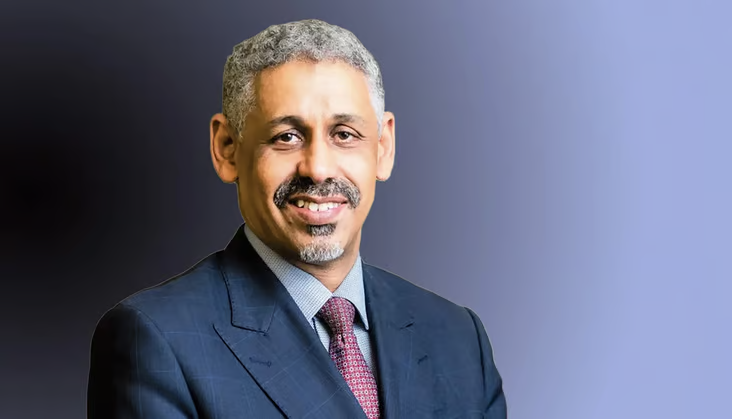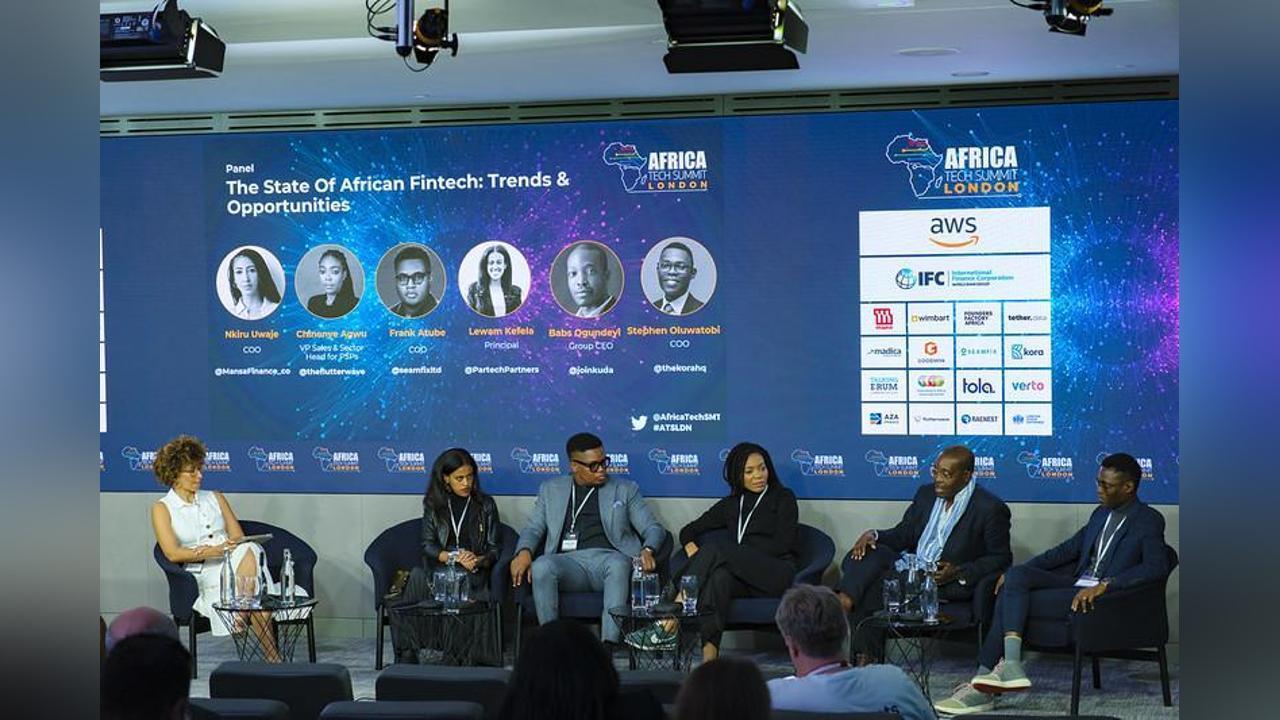2025 AfDB Annual Meetings: Ivorian President Ouattara tells Africa to chart a new path of economic self-reliance
He said this on Tuesday May 27 when he opened the African Development Bank Group’s 2025 Annual Meetings being held in Abidjan, Côte d’Ivoire.
Themed “Making Africa’s Capital Work Better for Africa’s Development,” the Annual meetings come at a pivotal moment. Shifting global trade dynamics, including new U.S. tariffs affecting 47 African countries, declining foreign assistance, and rising inflation risks, demand bold, coordinated action.
President Ouattara urged African nations and their international partners to capitalise on the continent’s resources and youth to spur transformative, inclusive growth.
He praised the African Development Bank for its transformative impact across the continent under the leadership of President Akinwumi Adesina, who is concluding his decade-long tenure at the end of August this year—a period that saw the Bank emerge as a global leader in development finance.
“Despite the challenges Africa has faced in recent years, it is clear that the situation would have been far worse without the African Development Bank’s intervention,” Ouattara said. “You have revitalized this institution. Congratulations once again, my friend and dear brother,” he told Dr Adesina.
Africa’s growth outlook remains insufficient to meet the needs of its populations, President Ouattara stated. “Yet, with massive investments in social sectors and the strategic use of our vast resources, we can accelerate a true transformation.”
The Abidjan meetings have attracted over 6,000 participants, including heads of state, ministers, central bank governors, private sector leaders, representatives from civil society, and development partners. Governors of the Bank will elect a new president on Thursday. Ghana’s President John Mahama and the Union of the Comoros President Azali Assoumani attended the opening ceremony.
President Ouattara acknowledged the “high bar” set by Adesina, whose tenure has seen the Bank achieve historic levels of investment and impact. The new leader, he said, must “continue the vibrant work” and steer the Bank to further prominence on the global stage.
In an emotional farewell speech, Adesina gave an upbeat account of his 10 years at the helm of Africa’s premier development finance institution but also warned of the need for the continent to stand on its own two feet.
“This is no longer a time to depend on fragments of foreign aid,” Adesina said. “Africa must unlock its own resources—human, financial, natural—and build internal value chains that drive inclusive growth.”
Adesina thanked Africa’s leaders and his staff for helping make a reality, the Bank’s “High 5s” strategy, which has improved the lives of 565 million Africans.
Over the past decade, the Bank has invested $102 billion, representing 46 percent of its total funding since its creation in 1964. This includes $55 billion in infrastructure, support for Mission300—a bold initiative to provide 300 million Africans with electricity by 2030—and $225 billion mobilized in investment interest through the Africa Investment Forum.
In Côte d’Ivoire—the host country—Adesina noted that bank funding has grown 1.6 times since 2015, financing landmark projects such as the Henri Konan Bédié and 4th bridges in Abidjan and infrastructure around the 2024 Africa Cup of Nations stadium.
“I hope we scored a goal for you,” he joked in a reference to the country’s winning of the last Africa Cup of Nations in February 2024.
He also highlighted the Bank’s role in steering the continent through multiple crises – from the COVID-19 pandemic and global food insecurity to debt challenges and climate shocks. “We came a long way—and we did it all for Africa,” said Adesina. “Africa is still standing. And Africa is standing tall.”
He also pointed to a legacy of institutional innovation: the Bank’s capital grew from $93 billion to $318 billion, and it maintained its AAA credit rating throughout his presidency. New instruments, such as hybrid capital and synthetic securitization, expanded the development of finance frontiers.
In closing, Adesina thanked his staff, family, and shareholders for their trust and support, saying: “I earnestly gave Africa my heart, my mind, and my all… May Africa always thrive and shine—and may our light never grow dim.”
In a video tribute, United Nations Secretary-General António Guterres hailed Adesina for his visionary leadership and commitment to inclusive and sustainable development across the African continent.
Secretary-General Guterres commended Adesina’s achievements under the Bank’s “High 5s” development agenda: To light and power, feed Africa, industrialize Africa, integrate Africa and improve the quality of life for its people.
“You set a bold course to help shape the continent for the better through your High 5s agenda,” Guterres said. “As President of the African Development Bank, you tripled the Bank’s capital base and led responses to urgent crises, including COVID-19, while advancing long-term solutions from clean energy to climate-resilient agriculture.”
The UN chief also highlighted Adesina’s global leadership in promoting the re-channeling of the Special Drawing Rights (SDRs) through multilateral development banks, enabling countries to access much-needed resources.
“This is essential to support countries facing crushing debt, climate shocks, and limited fiscal space,” the Secretary-General stated.
“The United Nations thanks you and looks forward to building on your remarkable record in the years ahead,” Guterres said. “Thank you for all you have done to advance inclusive development and a fairer global financial order.”










